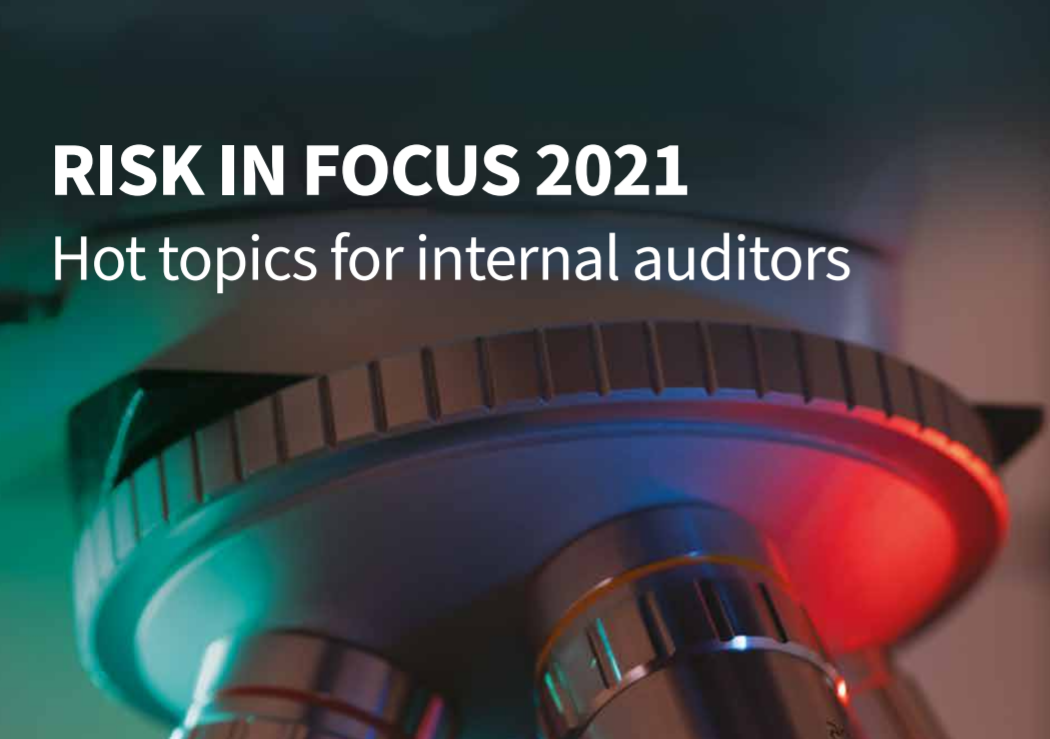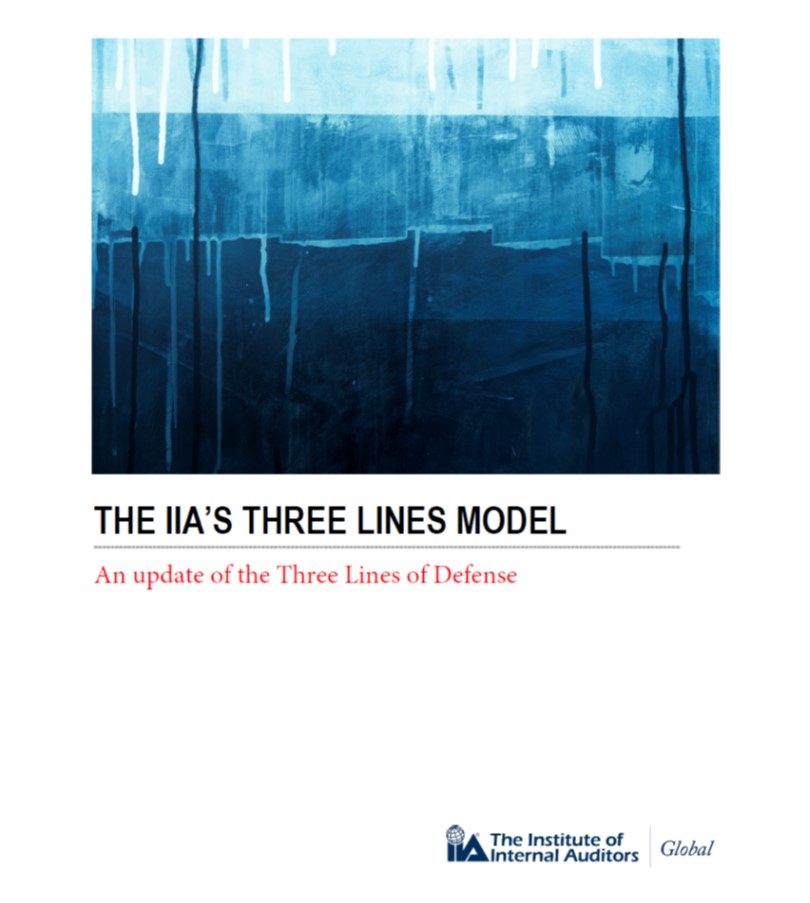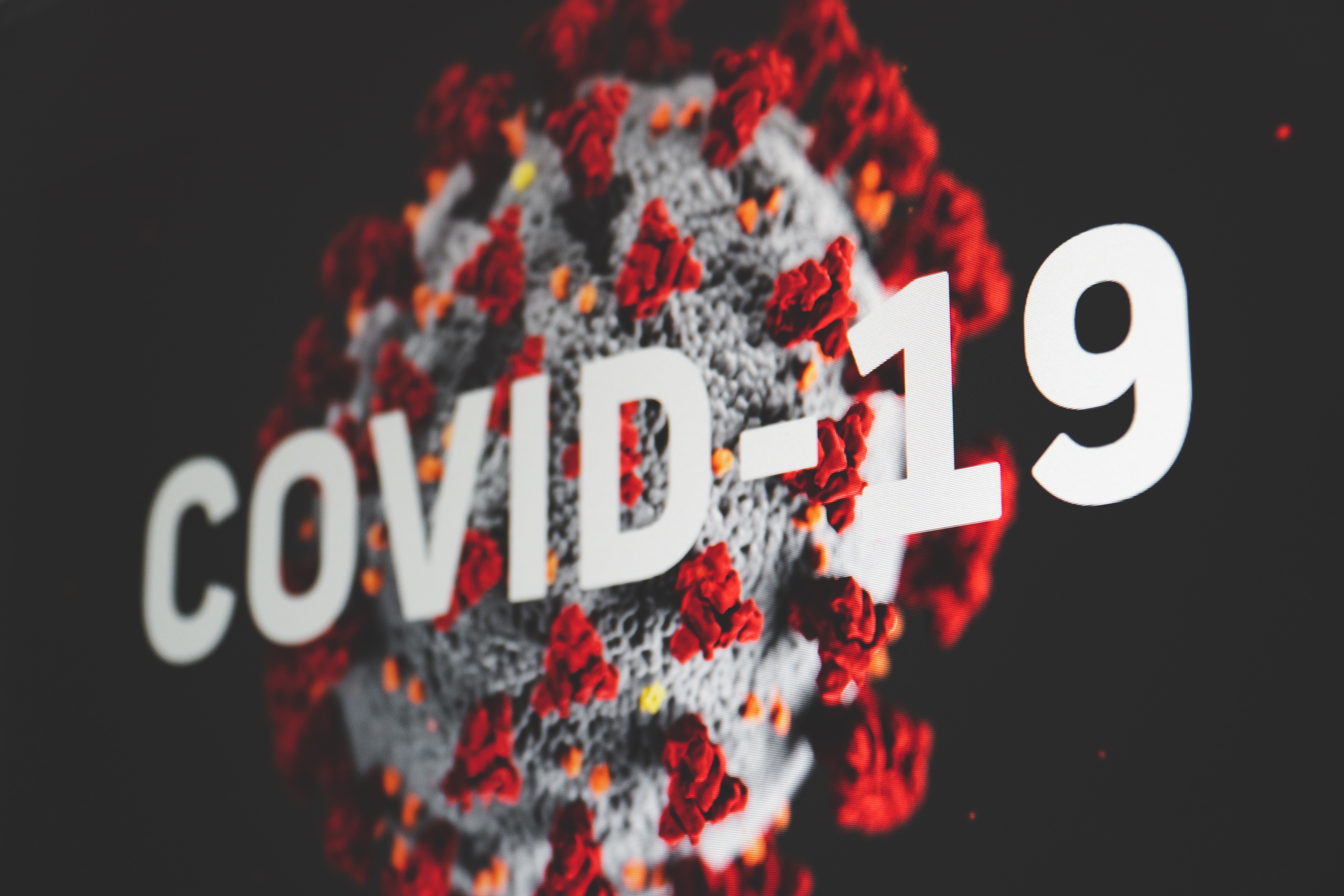RISK IN FOCUS 2021 Hot topics for internal auditors
The purpose of this publicationis to help the internal audit profession prepare its independent risk assessment work, annual planning and even audit scoping by sharing the insights and learnings from the research.








